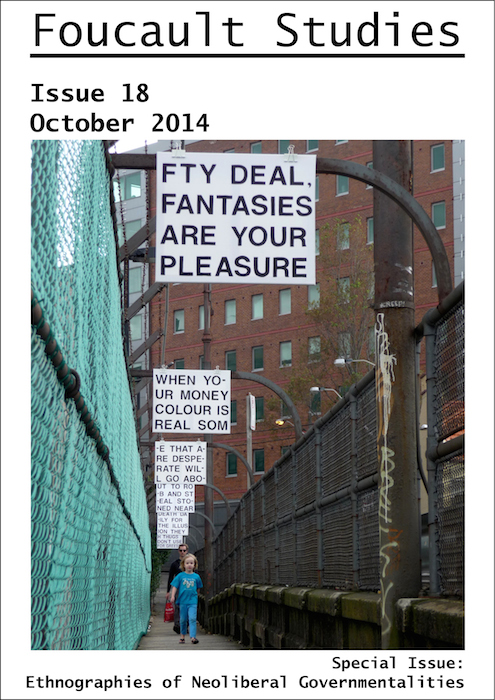Resisting the lure of the paycheck: Freedom and dependence in financial self-help
DOI:
https://doi.org/10.22439/fs.v0i18.4653Keywords:
Financial Freedom, Dependence, Neoliberal, Governmentality, Technologies of the self, Ethnography, Self-helpAbstract
Based on two years of fieldwork with fans of financial success best-sellers, this article analyzes the idea of financial freedom, which is the cornerstone of popular financial self-help resources. Fans of the genre train themselves and engage in business and investing with the main goal of reaching something that is at once mathematical and a condition of the self. Financial freedom is a specific equation between income and expenses that makes it possible to quit one’s job while maintaining an income. But it is also a condition by which one has freed oneself from one’s own fears and limitations in regards to money and investing and the need for security. Therefore, all practices directed at increasing one’s wealth are also practices of the self that are directed at combating external and internal forms of dependence. The intellectual roots of the problematization of internal and external dependence are explored. The tension between freedom and security is illustrated through the example of the examination of one’s family upbringing.Downloads
Published
2014-10-17
How to Cite
Fridman, D. (2014). Resisting the lure of the paycheck: Freedom and dependence in financial self-help. Foucault Studies, (18), 90–112. https://doi.org/10.22439/fs.v0i18.4653
Issue
Section
Special Issue on Ethnographies of Neoliberal Governmentalities
License
Authors retain copyright to their work, but assign the right of the first publication to Foucault Studies. The work is subject to a CC BY-NC-ND 4.0 license, but despite these restrictions, authors can take for granted that Foucault Studies will permit articles published in Foucault Studies to be translated or reprinted in another format such as a book providing a full reference is made to Foucault Studies as the original place of publication.



